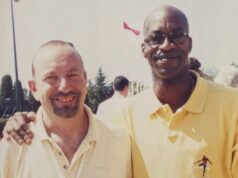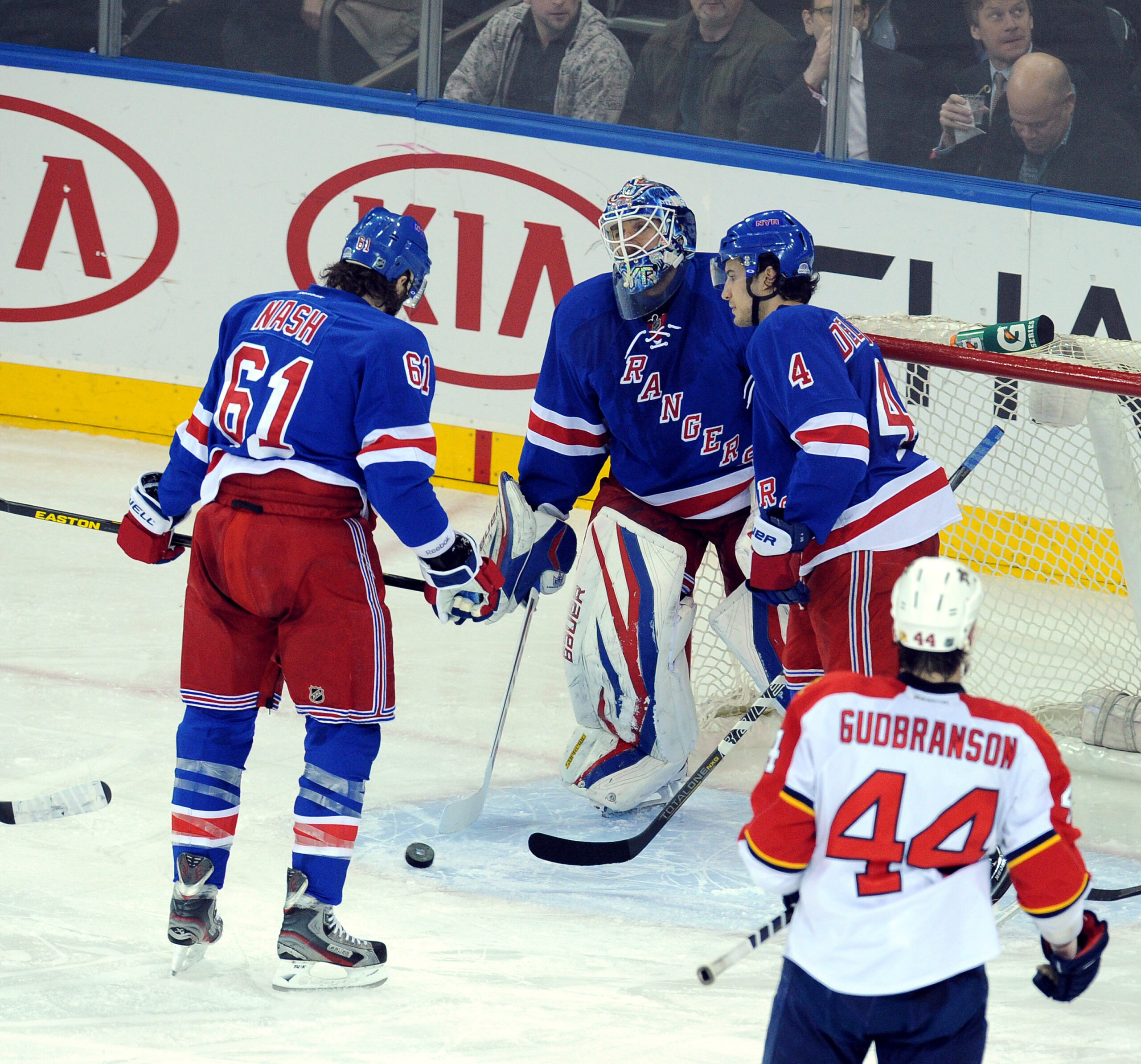TO: questions@psychedonline.org
FROM: XXXXXX@hotmail.com
SUBJECT: Team Personality
DATE: 10/25/02, 09:08
Dear Psyched:
I am a die hard football fan. Once again I started this season with the highest of hopes for my favorite team, the Cincinnati Bengals. Well here we are half-way through the season and once again my hopes have been crushed. Year after year I have put up with this in the hopes that we will once again return to the glory days that took us to the Superbowl. However, I am starting to think that that one year was a complete fluke. It seems like there are certain teams that are always going to do well (i.e., San Francisco, Oakland, and Miami) while others seem to always lose (i.e., my beloved Bengals, the Seahawks, Detroit). My question is this, is it possible that teams have a winning/losing personality that is handed down over the course of the years?
A Miserable Bengals Fan
TO: XXXXXX@hotmail.com
FROM: questions@psychedonline.org
SUBJECT: Re: Team Personality
DATE: 10/29/02, 17:29
Response: Let’s see if you change yourself from “A Miserable Bengals Fan” to “A Hopeful Bengals Fan”! It’s not going to be easy. The opening game of every year brings a drop of “maybe this is that next year that the organization has promised. It’s been that way ever since you were a kid. But you never know, right? Then the opening drive ends in a field goal attempt that sails to the right of the goal posts and wammo all hope is lost. Everything goes downhill. You can see it on the faces of the coach, the walk of the players and the sound from the stands. The identification of being a loser is so strong it acts like a super powerful magnet in a bowl of metallic paper clips. The ego of the losing franchise is fragile. It can’t be resilient to the slightest disappointment. The season is lost and the halftime show of the first game has not started.
In order to change this repetitive negative process everyone must change. The owners, the general manager, the coaches must understand the many facets of what makes a team. We refer you to an article titled, “Building a Sports Team” published in Psyched’s, Volume 2, Issue 2. Signing high profile athletes and coaches is not enough. The identity as a loser will outlive the personnel. It is critical that everyone attached to the organization become educated and appreciate the following factors in team performance: cohesion, norms, roles, communication skills, stability, and stages of development. If the team takes this challenge on, the fans will be there too. Hopefully, the Cincinnati Bengals will take this mission to heart and you and your children will love the team and cheer its many successes. Being a winner is more fun.
A norm that has been established on a team will last for at least four generations after the original players have left. This is an indication of the stability of a team’s norms. A problem exists when a manager takes over a team that has developed negative norms. Examples of such norms include abusive behavior toward officials or other team members, a lack of commitment to team practices, and a focus on individual verse team goals. In such cases, the manager would have to enlist the formal and informal leaders to create a positive norm. Should these leaders not cooperate, the organization might need to replace personnel.
Paul Schienberg, Ph.D.













